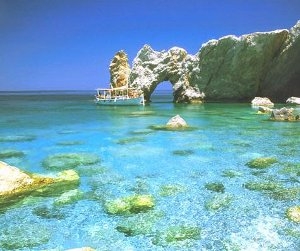This global lead has been achieved even though the Greeks rank third in ship numbers behind the Japanese and the Chinese: Greek shipowners control 4,984 vessels against 8,537 managed by the Japanese and 6,427 by the Chinese. This shows that the Greek ships are on average much bigger than those of the Japanese and the Chinese, as well as the Germans and the South Koreans which follow.
In its latest global shipping snapshot Clarksons also makes reference to the conservative attitude of Greek shipowners throughout the international shipping rally from 2004 to the start of the credit crisis.
To read more, please visit ekathimerini.com













